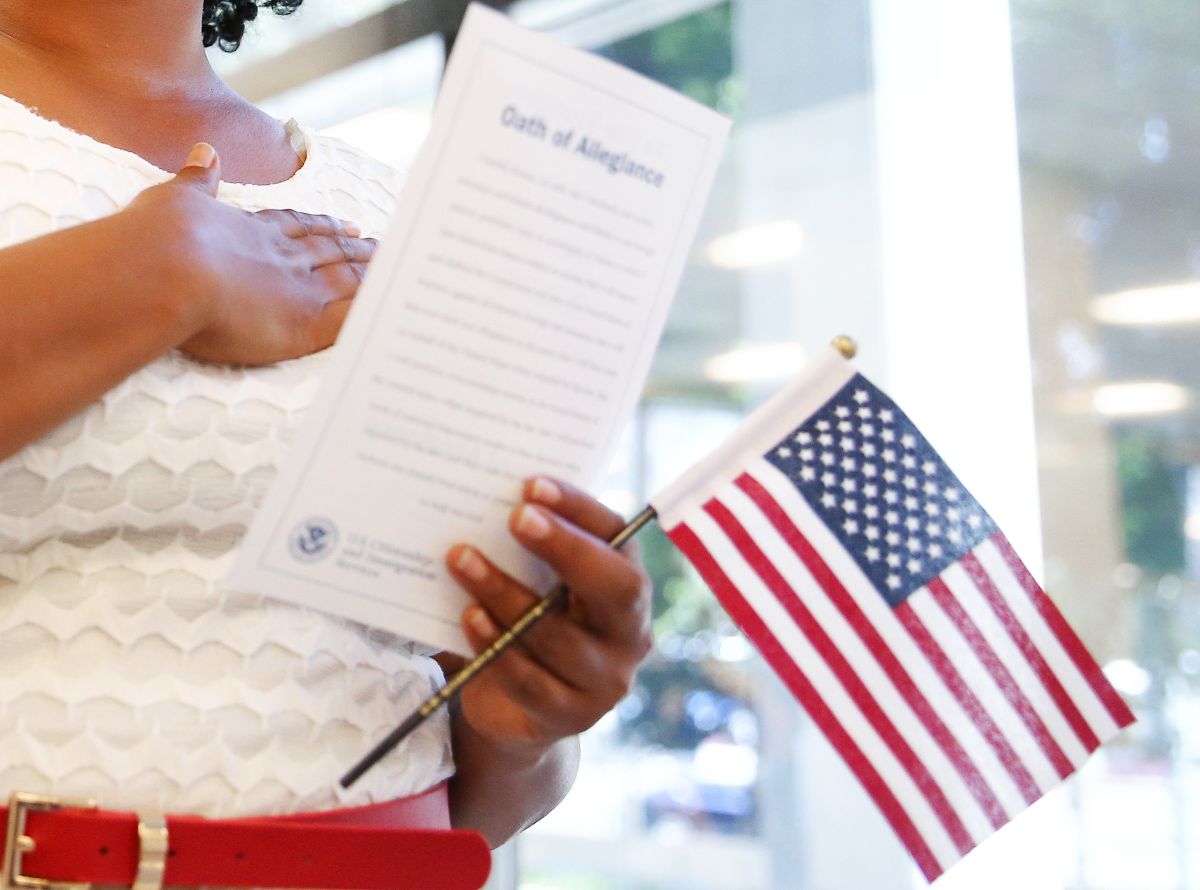Evidence of residence with the perpetrator and any violence perpetrated by the person applying for a VAWA visa must be analyzed in the context of the conflict, these are two key elements that the VAWA Services office Citizenship and Immigration (USCIS) added to the self-petition processes of this immigration protection, which benefits victims of domestic violence.
The new guide in the Policy Manual modifies , thus, the eligibility, filing, and adjudication requirements that address self-petitions under the Violence Against Women Act (VAWA).
“ to update practices and align USCIS policies with recent court decisions,” the agency said.
The first adjustment is the interpretation of shared residence, so that now the person requesting the visa proves that he or she resides or has resided with the abuser.
“We are updating our interpretation of the requirement that shared residence occurs during the qualified marital or parent-child relationship,” the agency indicates. “Instead, the person requesting [la visa] must show that he or she resides or has resided with the abuser at any time in the past.”
USCIS also cites two judicial cases, one is that of Ludimilla Ramos Da Silva –Da Silva v. Attorney General, 948 F.3d 629 (3rd Cir. 2020) – who was determined by an immigration judge to lack “good moral character” for assaulting her husband’s mistress .
However, in January of 2020, the Second Court of Appeals canceled the deportation decision against him, considering that this aggression “was related to the extreme cruelty he suffered”, when he was the victim of violence domestic, so he stopped his deportation process and his immigration protection case advanced in his favor.
The other case is that of Jenniffer Arguijo –Arguijo v. United States, 991 F.3d 736 (7th Cir. 2021) – about a custody and immigration protection issue involving the stepson of a violent US citizen.
Jennifer’s mother, a citizen of Honduras, married an American in 1999 and divorced in 2004, due to his violent behavior, indicate court documents. Jennifer had run away the year before, when she was 15 years old, due to constant abuse. The lawsuit helped clarify whether, after the divorce, Arguijo continued to be the “daughter” of her mother’s ex-husband.
“[En] Arguijo v. USCIS allows stepchildren and stepparents to continue to be eligible for VAWA self-petitions, even if the father and stepfather are divorced”, recalls the immigration agency.
USCIS points out that the new guidance is part of Executive Order 14012, “Restore Faith in Our Legal Immigration System and Strengthen Integration and Inclusion Efforts for New Americans” , signed by President Joe Biden on February 2, 2021.
The agency has conducted several adjustments that benefit different types of immigrants, such as refugees, asylum seekers, people with temporary suspension or pardon of deportation, as well as VAWA visas, including the extension of Employment Authorization to two years.
